Life
Sign up for our newsletter
We summarize the week's scientific breakthroughs every Thursday.
-
 Health & Medicine
Health & Medicine6 things to know about antidepressants
An abundance of data show that SSRIs, a class of drugs commonly used as antidepressants, are effective, though, like any drug, they have risks.
By Meghan Rosen and Laura Sanders -
 Climate
ClimateSome trees are coping with extreme heat surprisingly well
Rising temperatures could reduce trees' ability to photosynthesize. Scientists are trying to figure out just how close we are to that point.
-
 Health & Medicine
Health & MedicineBrain implants don’t change a person’s sense of self. Hear why
In the fifth episode of The Deep End, volunteers describe what it’s like to live with the stigma of depression and the treatments they seek for it.
-
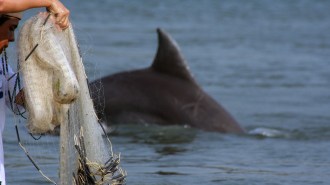 Animals
AnimalsDolphins and humans team up to catch fish in Brazil
In Brazil, where humans and dolphins fish in tandem, cooperation both within and between species is essential for the longstanding tradition.
-
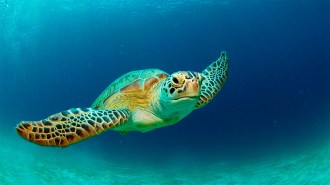 Animals
AnimalsSome sea turtles are laying eggs earlier in response to climate change
A 1-degree-Celsius change in water temperature prompts sea turtles in Northern Cyprus to lay eggs nearly a week earlier on average.
-
 Animals
AnimalsHow a Labrador retriever’s genes might affect the dog’s obesity risk
Understanding the genetics of Labrador retriever obesity may help dog owners mitigate their best friend’s weight gain.
By Alex Viveros -
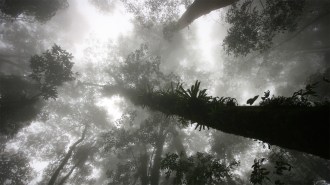 Climate
ClimateWarming is chasing cloud forests steadily uphill
Cloud forests are biodiversity hot spots and crucial water sources. But climate change and deforestation are shrinking their range, new data show.
By Douglas Fox -
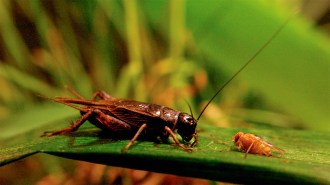 Animals
AnimalsCrickets and flies face off in a quiet evolutionary battle
Male crickets in Hawaii softened their chirps once parasitic flies started hunting them. Now, it seems, the flies are homing in on the new tunes.
By Jake Buehler -
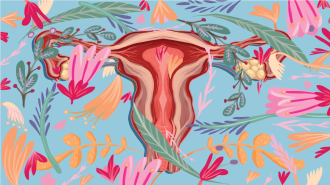 Health & Medicine
Health & MedicineThese scientists have a plan to demystify the vaginal microbiome
Vaginal microbes play a huge role in overall health, but researchers know relatively little about them. Citizen science could help change that.
-
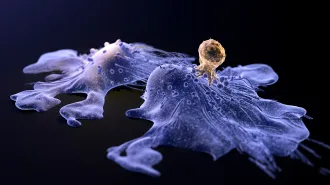 Genetics
GeneticsA child who got CAR-T cancer therapy is still disease-free 18 years later
The long-term survival of a patient with neuroblastoma suggests the personalized cancer treatment may work for solid tumors, not just blood cancers.
-
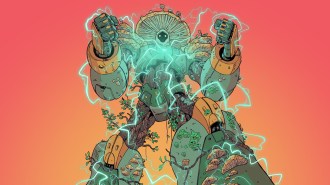 Tech
TechRobots are gaining new capabilities thanks to plants and fungi
Biohybrid robots made with plant and fungal tissue are more sensitive to their surroundings.
-
 Space
SpaceThe International Space Station lacks microbial diversity. Is it too clean?
Hundreds of surface swabs reveal the station lacks microbial diversity, an imbalance that has been linked to health issues in other settings.